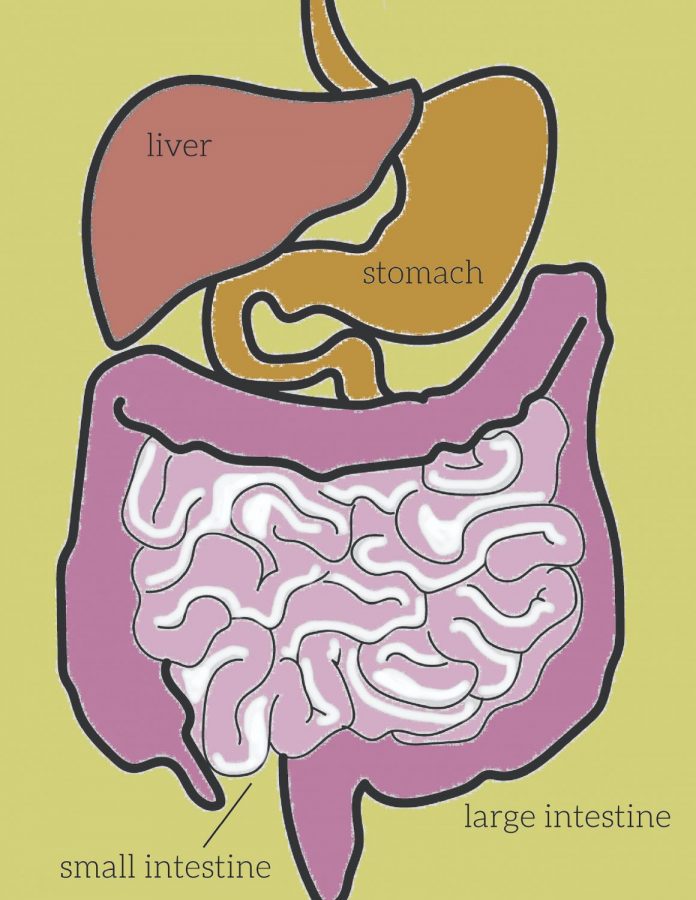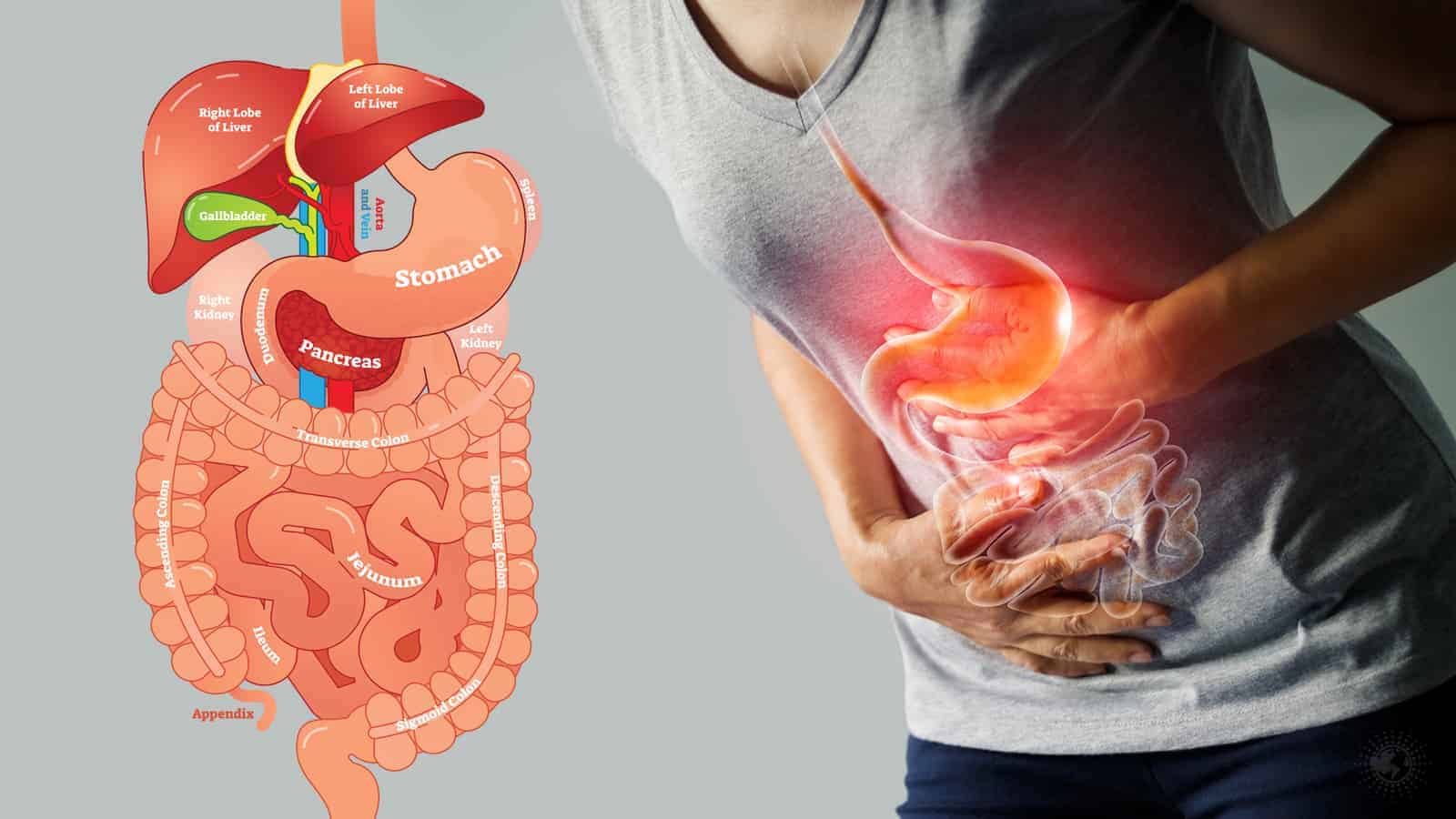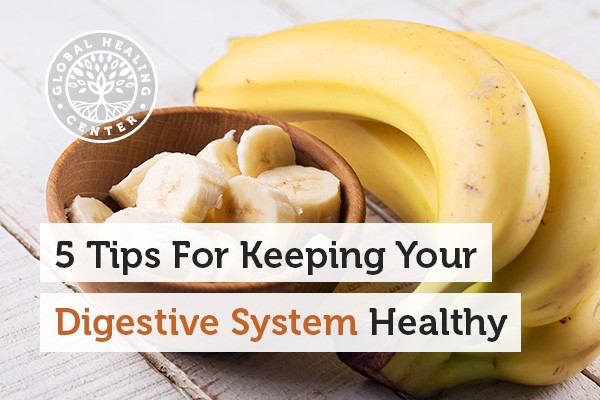
Simple Habits for Better Digestion and Gut Health
Written: Editor | June 20, 2023

Understanding Digestion
Overview of the digestive system
The digestive system plays a crucial role in breaking down food and absorbing nutrients for the body's proper functioning. It includes various organs such as the mouth, esophagus, stomach, small intestine, large intestine, and rectum. When food is consumed, it undergoes a complex process to ensure its breakdown into smaller molecules.
Key components of the digestive process
-
Ingestion: The process begins with the intake of food through the mouth. Chewing and saliva production aid in breaking down the food into smaller pieces.
-
Mechanical digestion: Once in the stomach, the food is mixed and churned by muscular contractions. This process further breaks down the food into smaller particles.
-
Chemical digestion: Enzymes and acids in the stomach and small intestine help break down proteins, carbohydrates, and fats into their individual components. These nutrients are then absorbed by the body for energy and growth.
-
Absorption: Nutrients are absorbed through the walls of the small intestine and transported to the bloodstream to be used by various organs and tissues.
-
Elimination: The indigestible waste passes through the large intestine and rectum before being eliminated from the body as feces.
Factors that can affect digestion
Several factors can impact digestion and overall gut health. It is important to be aware of these and adopt healthy habits to maintain optimal digestive function.
-
Diet: Consuming a balanced diet rich in fiber, fruits, vegetables, and whole grains supports healthy digestion. Avoiding processed foods and excessive intake of fats, sugars, and caffeine can also benefit gut health.
-
Hydration: Staying properly hydrated supports digestion by keeping the gastrointestinal tract lubricated and aiding in the movement of food through the system.
-
Stress: High levels of stress can affect digestion by disrupting the normal functioning of the digestive system. Practicing stress management techniques such as exercise, meditation, or engaging in hobbies can help mitigate its effects.
-
Proper chewing: Chewing food thoroughly aids digestion by breaking it down into smaller particles, making it easier for the body to process.
-
Regular exercise: Engaging in physical activity helps stimulate the muscles in the digestive system, promoting healthy digestion.
It is essential to prioritize good gut health through the adoption of these simple habits. Maintaining a healthy digestive system can lead to improved overall well-being and better nutrient absorption. Consultation with a healthcare professional is advised for individuals experiencing persistent digestive issues or concerns.

Simple Habits for Better Digestion
1. Eating a Balanced Diet
Maintaining a balanced diet is crucial for promoting good digestion and gut health. This means consuming a variety of whole foods that are rich in nutrients. Including fruits, vegetables, whole grains, and lean proteins in your meals can provide essential vitamins, minerals, and fiber that aid in digestion.
Importance of fiber and water intake
Fiber plays a significant role in digestion by adding bulk to stool and facilitating regular bowel movements. It can also help prevent constipation and promote a healthy gut. High-fiber foods such as fruits, vegetables, legumes, and whole grains should be incorporated into daily meals. Additionally, staying hydrated by drinking an adequate amount of water is essential for proper digestion. Water helps soften stool, allows for smooth food passage through the digestive system, and aids in nutrient absorption.
2. Mindful Eating Practices
Practicing mindful eating can greatly benefit digestion. This involves slowing down and paying attention to the eating process. Chewing food thoroughly helps break it down into smaller pieces, making digestion easier. Eating slowly allows the body to properly digest and absorb nutrients, as well as signals satiety, preventing overeating.
Chewing food thoroughly
Chewing food thoroughly is a simple yet important habit for good digestion. Chewing breaks down food mechanically and mixes it with saliva, which contains enzymes that help initiate the digestion process. Properly chewed food is easier for the stomach to break down and digest.
3. Managing Stress and Emotional Well-being
Stress has a significant impact on digestion and can lead to various digestive problems such as indigestion, stomachaches, and irritable bowel syndrome (IBS). Engaging in stress-reducing activities like exercise, meditation, and deep breathing can help manage stress levels. Practicing relaxation techniques and ensuring emotional well-being contribute to better digestion.
Impact of stress on digestion
Physical and emotional stress can disrupt the normal functioning of the digestive system. When stressed, the body releases hormones that can affect digestion, leading to symptoms like decreased appetite, increased stomach acid production, and altered gut motility. Chronic stress can have long-term effects on digestion and overall gut health.
In conclusion, adopting simple habits for better digestion can have a significant impact on gut health. By maintaining a balanced diet, practicing mindful eating, and managing stress, you can support a healthy digestive system. Incorporating these habits into your lifestyle can improve your overall well-being and promote optimal digestion.

Gut Health and Simple Habits
1. Importance of Gut Microbiome
Maintaining a healthy gut microbiome is crucial for overall well-being. The gut microbiome refers to the community of microorganisms that reside in our digestive system. It plays a vital role in various aspects of our health, including digestion, immunity, and even mental health.
Understanding the role of gut bacteria
The gut is home to trillions of bacteria, both beneficial and harmful. The beneficial bacteria help break down food, absorb nutrients, and produce vitamins. They also support a healthy immune system and protect against harmful pathogens. However, an imbalance in the gut microbiome, known as dysbiosis, can lead to digestive issues, inflammation, and other health problems.
Nurturing a healthy gut microbiome
To support a healthy gut microbiome, it is important to adopt habits that promote its well-being. This includes consuming a balanced diet rich in fiber, whole grains, fruits, and vegetables. Probiotics, which are beneficial bacteria, can also be added to the diet through foods like yogurt and fermented foods.
2. Regular Exercise and Physical Activity
Engaging in regular exercise and physical activity not only benefits your overall health but also promotes good digestion and gut health.
Benefits of exercise on digestion and gut health
Exercise helps stimulate the muscles in your digestive tract, promoting proper movement of food through your intestines. It can also reduce the risk of constipation and improve bowel regularity. Additionally, exercise has been shown to enhance the diversity and richness of gut microbiota.
Types of exercises that promote gut health
Any form of physical activity can benefit your digestion and gut health. This includes aerobic exercises like walking, running, cycling, and swimming, as well as strength training exercises. Aim for at least 30 minutes of moderate-intensity exercise on most days of the week.
3. Getting Quality Sleep
Quality sleep is essential for overall health, including proper digestion. Poor sleep can disrupt the balance of gut bacteria and lead to digestive issues.
The link between sleep and digestion
During sleep, our body repairs and regenerates cells, including those in the digestive system. Lack of sleep can result in decreased gut motility, impaired nutrient absorption, and increased inflammation in the gut.
Tips for improving sleep hygiene
To improve sleep hygiene, establish a regular sleep schedule, create a comfortable sleep environment, limit exposure to electronic devices before bed, and practice relaxation techniques like deep breathing or meditation.
By incorporating these simple habits into your daily routine, you can promote a healthy gut microbiome and support optimal digestion and overall gut health.

Conclusion
In conclusion, maintaining good digestion and gut health is essential for overall well-being. By implementing simple habits such as practicing mindful eating, staying hydrated, managing stress, and incorporating a balanced diet rich in fiber and probiotics, individuals can support optimal digestive function and promote a healthy gut microbiome. Additionally, it is important to listen to your body and pay attention to any signs or symptoms of digestive issues, seeking medical advice if necessary. With a proactive approach and the adoption of these healthy habits, individuals can take control of their digestive health and enjoy improved overall wellness.
Frequently Asked Questions about digestion and gut health
- What foods are good for digestion and gut health?
- Foods rich in fiber such as whole grains, fruits, vegetables, and legumes can promote healthy digestion. Probiotics found in fermented foods like yogurt and sauerkraut are also beneficial for gut health.
- How can stress affect digestion and gut health?
- Stress can negatively impact digestion and gut health by disrupting the natural balance of gut bacteria, causing digestive issues such as bloating, diarrhea, or constipation. Implementing stress-management techniques like exercise, meditation, or relaxation exercises can help improve gut health.
- Is drinking enough water important for digestion and gut health?
- Yes, staying hydrated is crucial for proper digestion. Water helps soften stools, prevent constipation, and aids in the absorption of nutrients in the digestive system.
- Can poor digestion lead to other health problems?
- Yes, poor digestion can have a domino effect on overall health. It can lead to nutrient deficiencies, weakened immune function, and increased susceptibility to gastrointestinal disorders.
- Are there any warning signs of an unhealthy gut?
- Some common signs of an unhealthy gut include bloating, gas, diarrhea, constipation, food intolerances, or frequent infections. If these symptoms persist or worsen, it is important to seek medical advice for a proper diagnosis and treatment.
Remember, making small changes to your daily habits can have a big impact on your digestive health and well-being. By prioritizing digestion and gut health, individuals can enjoy improved energy levels, better nutrient absorption, and a stronger immune system.



